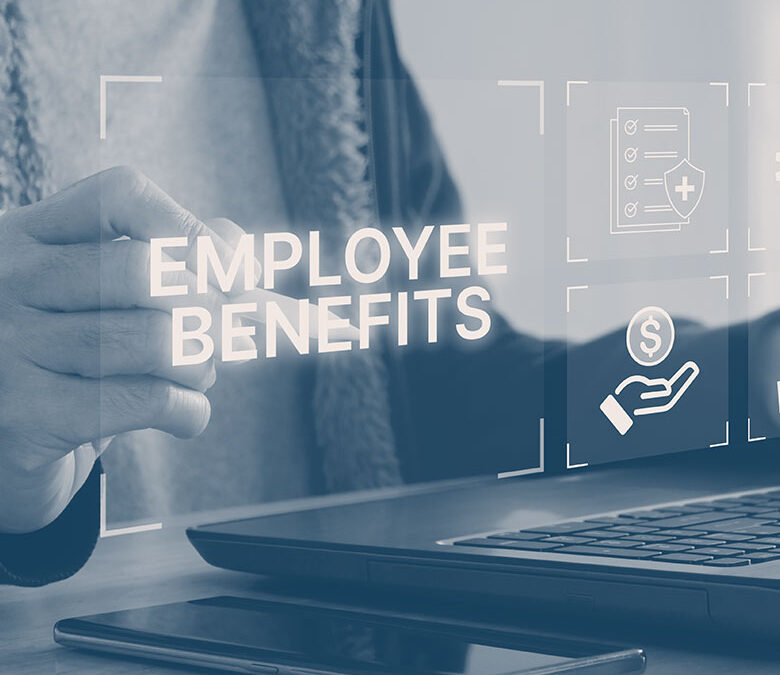

News and insights from the Verallo team
P11Ds, PSAs and payrolling benefits: Get ahead of the 6th July deadline


Now that the 2024/25 tax year has drawn to a close, now is a good time for employers to think about their year-end compliance reporting for employment benefits on Forms P11d or via a PAYE Settlement Agreement (PSA).
And if that’s not enough to be thinking about, a mandatory shift toward payrolling most benefits from April 2026 is also just around the corner so employers might want to think about how these changes will impact them and start planning for these changes.
Employment benefits are powerful tools for boosting morale, improving staff retention, and attracting new talent. But they also come with National Insurance costs to the employer and reporting obligations to HMRC.
Verallo can help employers understand their obligations, ensure compliance and prepare for a smooth transition to the mandatory reporting requirements.
In this blog, we breakdown the key aspects of benefit reporting, outline critical deadlines, and highlight how Verallo can help you streamline this reporting obligation.
Submitting P11Ds: What are they and who needs one?
The Form P11D is used to declare benefits in kind (BiKs) – the non-cash perks provided to employees on top of their salary. Common examples include but not limited to:
- Company cars and fuel benefit,
- Van benefit
- Private health insurance
- Gym membership
- Living accommodation
- Low or interest-free loans such as overdrawn directors loans
- Personal use of company assets
- Non-business travel and subsistence
For each employee receiving such benefits, a Form P11D must be submitted to HMRC. Alongside this, form P11D(b) is the employer’s declaration which summarises the total Class 1A National Insurance liability at 13.8% on the benefits provided by the employer.
Key dates for P11Ds in 2025:
- 6th July 2025: Deadline to file P11D and P11D(b) forms and give employees their copies.
- 19th July 2025: Payment due for Class 1A NICs (if paying by cheque).
- 22nd July 2025: Electronic payment deadline for Class 1A NICs.
Adhering to these deadlines is key as HMRC will impose late filing and late payment deadlines otherwise.
Most benefits reported on a P11d will have an income tax and/or national insurance implication on the employee. In some circumstances a PSA could be used if the employer doesn’t want to burden their employee with the tax cost.
PAYE Settlement Agreements (PSA) – what are they and who needs one?
PSAs are an administrative arrangement allowing employers to settle the income tax and NIC on behalf of their employees on certain items, rather than return them as benefits in kind on P11d forms or include them in the payroll which would ultimately tax the employee and no doubt dampen employee morale.
A PAYE Settlement Agreement (PSA) can be arranged for certain benefits that are:
- Minor (e.g., small vouchers or gifts); or
- Irregular (e.g., relocation costs not covered by exemptions); or
- Impracticable to allocate to individuals (e.g., team lunches or large staff parties)
Common scenarios where a PSA is ideal include Christmas or summer parties which exceed the annual function exemption; Gift cards awarded for good performance; particular social events, staff entertainment, away days etc may also become taxable benefits without the employer intending.
While PSAs can reduce administrative burden, keep in mind that the costs are grossed up to reflect the tax and NIC the employer is covering on behalf of the employee, leading to higher overall cost to the employer.
To arrange a PSA, you’ll need to agree the terms with HMRC by 5th July 2025, submit calculations by 31st July, and settle the liability by 19th October 2025 (or 22nd October if paying online).
Speak to Verallo to find out more on tax free allowances and exemptions which could be utilised to keep the employer liability on these benefits to a minimum and how employers can avoid common pitfalls
Payrolling benefits: A new era of real-time reporting
From April 2026, all employers will be required to payroll benefits in kind, meaning that benefits will be taxed through the payroll as they are provided, eliminating the need for most P11Ds.
While not all benefits can currently be payrolled (e.g., beneficial loans and company-provided accommodation), many common benefits like cars, fuel, and insurance can be. Doing so can reduce the year-end admin burden and improve tax transparency for your employees.
Speak to Verallo for a clear guide to payrolled benefits and ways to improve tax efficiency and transparency across your business.
Need help getting ready for the July deadlines? Get in touch for support
This area of tax is notorious for its grey areas, detailed rules and potential penalties. Whether you’re looking to:
- Shift from P11D to payroll
- Set up your first PSA
- Calculate Class 1A NICs correctly
- Find out more about common pitfalls and using tax free exemptions to your advantage.
Verallo can support you at every stage. We work with businesses of all sizes to identify the most efficient reporting method, ensure compliance, and minimise your tax exposure.
Simply call us on 0203 912 9933 or complete this form and one of our expert team will be in touch to discuss your requirements.